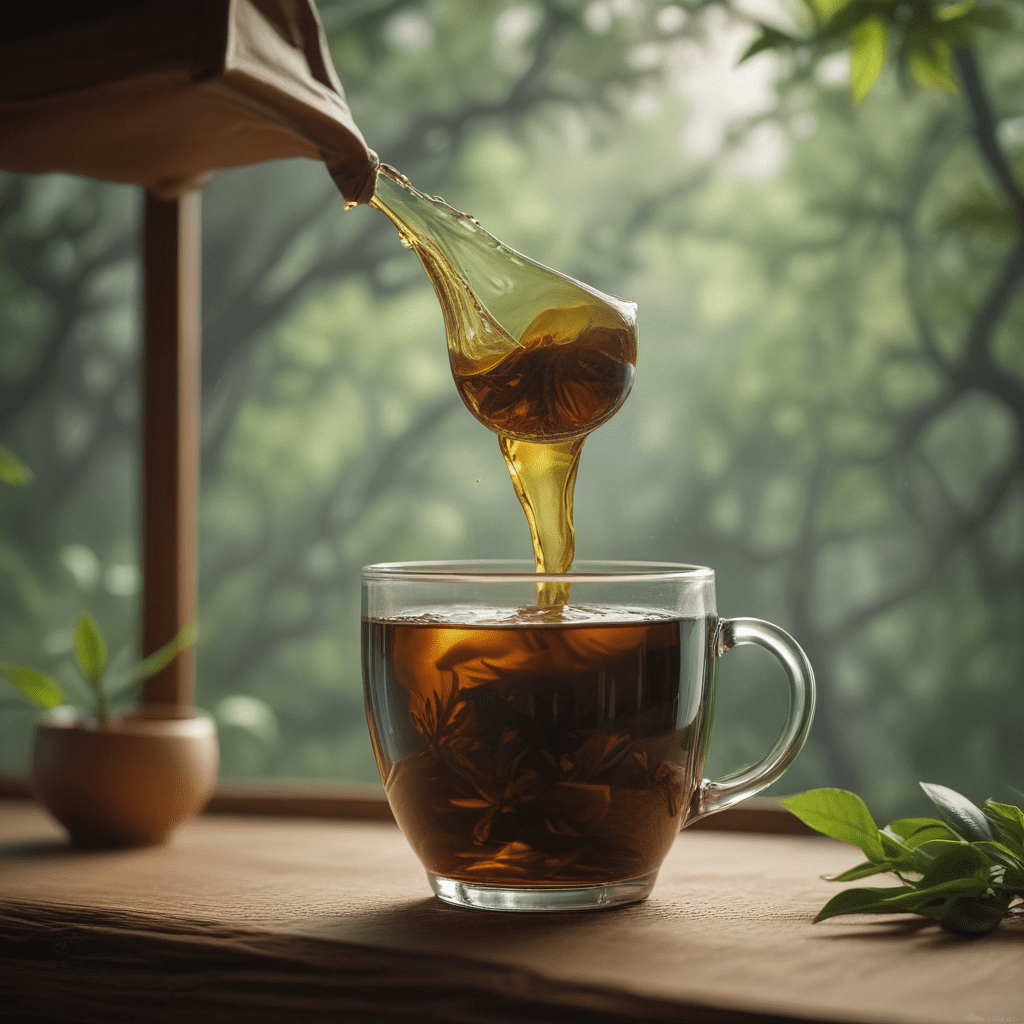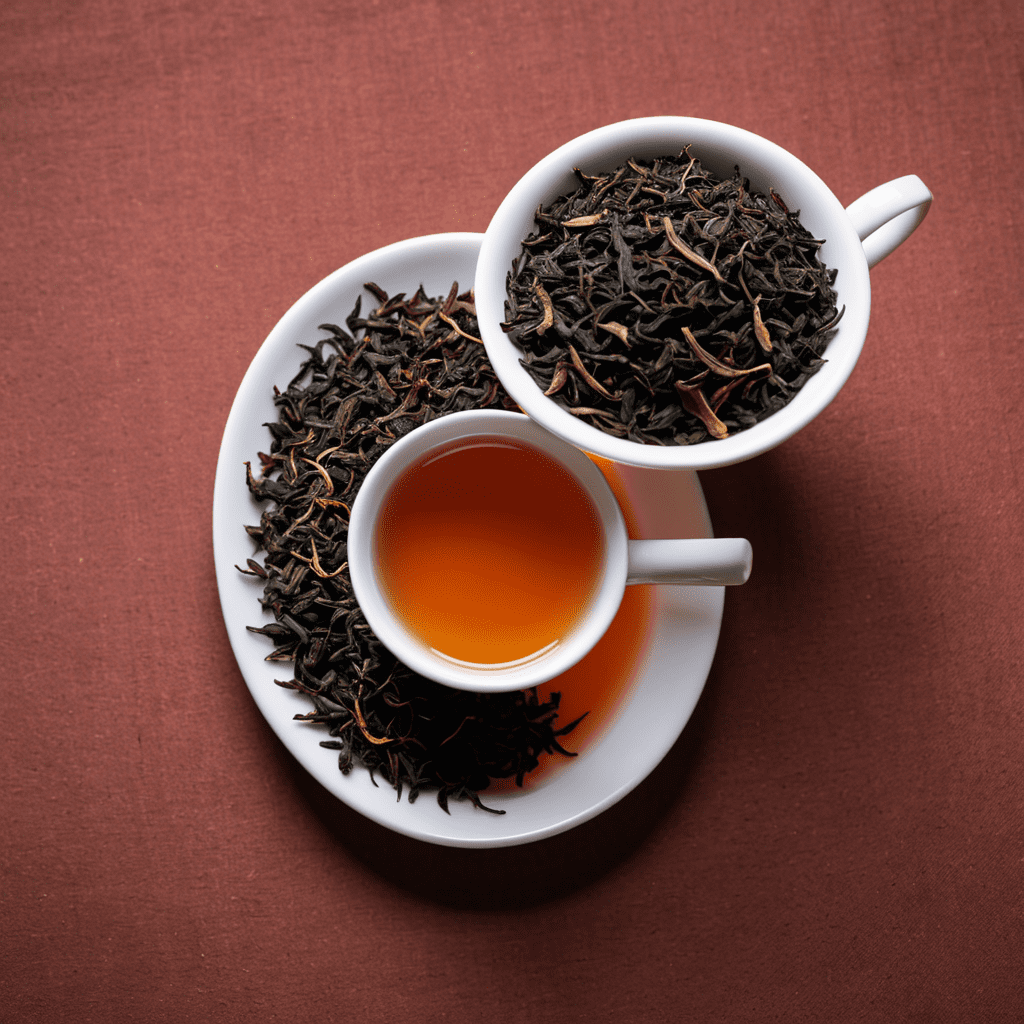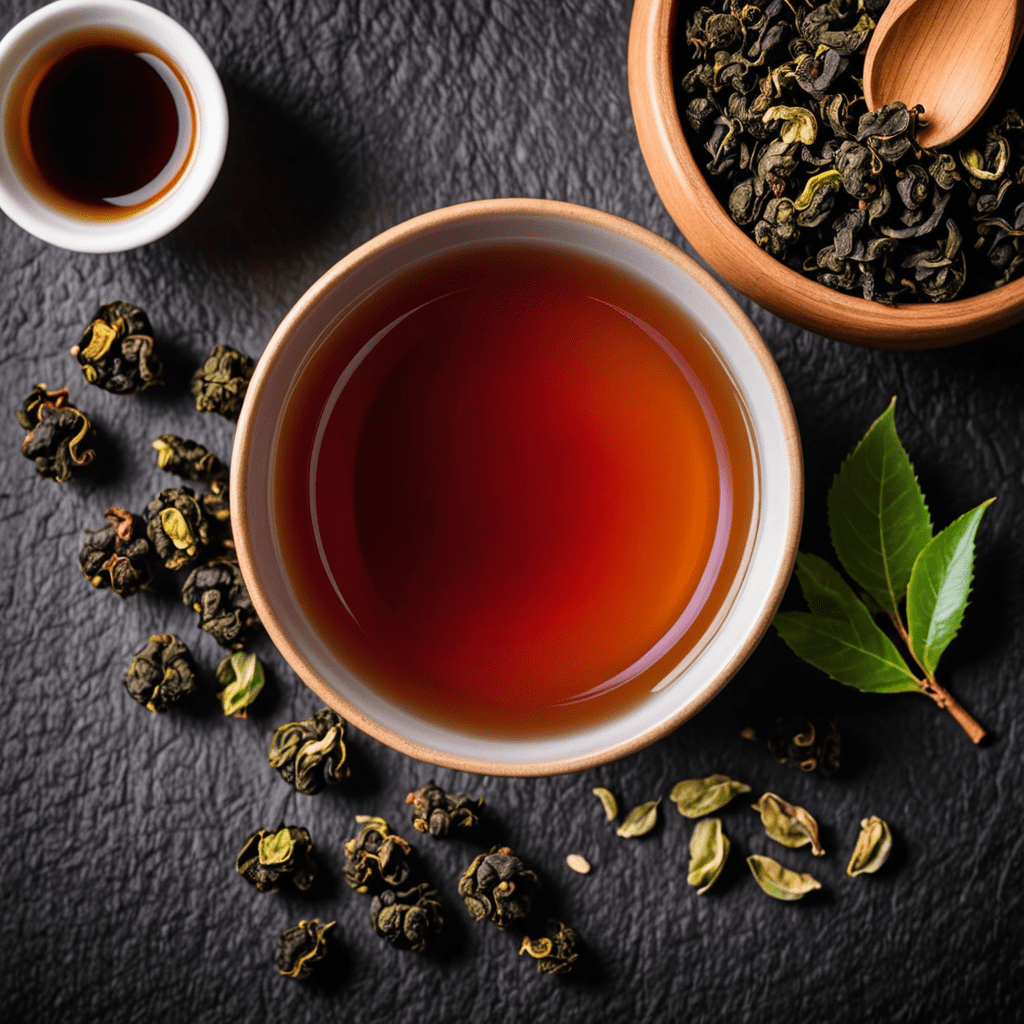
1. Introduction
Tea drinking has been a cherished part of Chinese culture for centuries, deeply intertwined with the principles of mindfulness. Chinese tea rituals provide a unique opportunity to cultivate present moment awareness, fostering a connection between mind, body, and spirit.
2. Origins and History of Chinese Tea Rituals
The origins of Chinese tea rituals can be traced back to the 3rd century BCE, during the Han Dynasty. The practice of drinking tea gradually evolved into a refined and elaborate ceremony, influenced by Taoism, Buddhism, and Confucianism. These rituals were not merely about consuming tea; they were a means of fostering harmony, tranquility, and self-cultivation.
3. The Importance of Tea in Chinese Culture
In China, tea is not just a beverage; it is a symbol of friendship, hospitality, and cultural heritage. It is believed to possess numerous health benefits and is often used in traditional Chinese medicine. The act of drinking tea together fosters a sense of community and connection, making it an integral part of social gatherings and celebrations.
4. The Principles of Mindfulness in Tea Rituals
Mindfulness is a core principle that permeates all aspects of Chinese tea rituals. The act of preparing, brewing, serving, and sipping the tea encourages participants to be fully present and engaged with the moment. By focusing on the sensory experiences associated with tea, such as its aroma, taste, and texture, practitioners cultivate a deep awareness of the present.
5. The Cha Dao: The Way of Tea
The Cha Dao, literally translated as "the way of tea," is a philosophy that encompasses the art of tea preparation and the practice of mindfulness. It emphasizes the importance of living in harmony with the natural world, cultivating a refined and balanced mind, and developing a deep appreciation for the present moment. The Cha Dao teaches us that the true essence of tea lies not only in its flavor but also in the ritualized process and the mindful connection it fosters.
6. Preparing the Tea: A Ritualized Process
The preparation of tea in Chinese rituals is an elaborate and meditative process that demands attention to detail and precision. Each step, from measuring the tea leaves to pouring the hot water, is performed with mindfulness and care. The choice of teaware, including the teapot, cups, and tea tray, also plays a significant role in enhancing the sensory experience.
7. Brewing the Tea: Cultivating Patience and Awareness
The brewing of tea is a transformative act that fosters patience and awareness. The practitioner observes the gradual unfolding of the tea leaves as they dance in the hot water, releasing their delicate flavors and aromas. The temperature of the water and the steeping time are carefully controlled to extract the optimal essence of the tea. By engaging all senses during the brewing process, practitioners cultivate a deep appreciation for the art of tea making.
8. Serving the Tea: Embracing Simplicity and Elegance
Serving tea in Chinese rituals is a graceful and elegant gesture that showcases the host's hospitality and respect for guests. The tea is poured with precision, creating a delicate flow that aerates the liquid and enhances its flavor. The cups are arranged in a specific order, each placement imbued with symbolic meaning. Simplicity and harmony guide every aspect of the serving process, fostering a sense of tranquility and well-being.
9. Sipping the Tea: Connecting with the Present Moment
Sipping the tea is the culmination of the ritual, a moment of profound connection with the present moment. Practitioners savor each sip, allowing the flavors and aromas to linger on their palate. They observe the subtle changes in taste and texture as the tea cools, fostering a deep appreciation for the ephemeral nature of experience. Through mindful sipping, practitioners cultivate a sense of gratitude and contentment, finding solace and rejuvenation in the present.
10. Benefits of Tea and Mindfulness for Well-being
The combination of tea and mindfulness offers numerous benefits for both physical and mental well-being. Tea contains antioxidants and other compounds that have been shown to promote heart health, reduce inflammation, and boost cognitive function. Mindfulness practices, such as those incorporated into Chinese tea rituals, have been linked to reduced stress, improved mood, and increased self-awareness. Engaging in tea rituals regularly can provide a holistic approach to well-being, fostering a healthy balance between mind, body, and spirit.
FAQs
What are the different types of Chinese tea rituals?
There are various types of Chinese tea rituals, each with its unique characteristics and cultural significance. Some popular rituals include the Gong Fu Cha ceremony, which emphasizes precise techniques and a meditative atmosphere; the Cha Dao ceremony, which focuses on the philosophical and spiritual aspects of tea; and the Tea Boat ceremony, which showcases the artistry and grace of tea preparation.What are the benefits of practicing mindfulness in tea rituals?
Mindfulness in tea rituals helps practitioners cultivate present moment awareness, reduce stress, enhance sensory perception, and foster a sense of tranquility and well-being. By focusing on the details of the ritual and engaging all senses, individuals can connect deeply with the experience and derive greater enjoyment and fulfillment from the practice.Can tea rituals be incorporated into daily life?
Yes, the principles of Chinese tea rituals can be easily incorporated into daily life. By bringing mindfulness to the simple act of preparing and drinking tea, individuals can cultivate a sense of calm and presence in their everyday routines. Taking a few moments to savor the aroma, taste, and texture of tea can provide a much-needed respite from the busyness of modern life.


